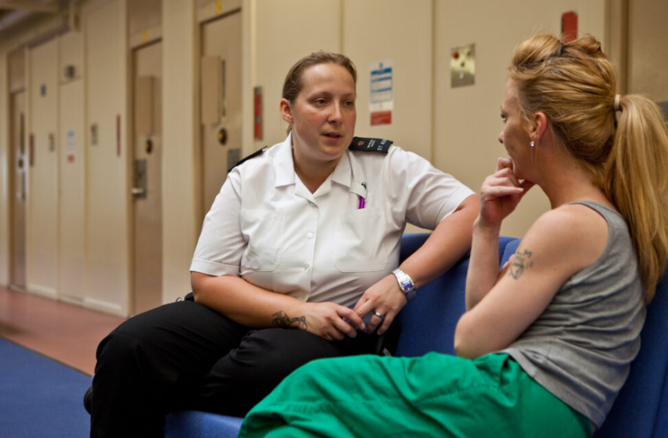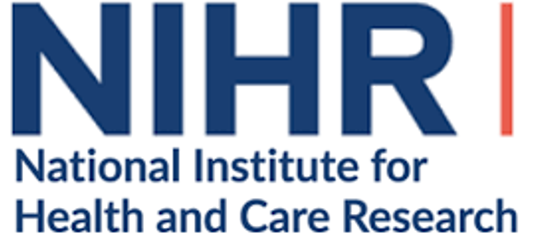Women's health priorities
The Health and Social Care Secretary has named problem periods, women’s health research and support for domestic and sexual abuse victims among the government’s priorities for women’s health in 2024. It would also prioritise improving maternity care and support for mothers who suffer birth trauma and this is reaffirmed on the website GOV UK Women's Health.
The strategy also championed the creation of a new dedicated Women’s health section of the NHS website, providing updated information, advice and practical resources for women’s health.

- Top priorities to be tackled under the Women’s Health Strategy in 2024 include menstrual problems and menopause, maternity care and birth trauma support.
- Support for domestic and sexual abuse victims and women in the criminal justice system will also be improved.
- Health Secretary addresses women’s health champions at major London event to outline plans for coming year and celebrate successes of strategy’s first year.
- Successes since the launch include reducing the cost of hormone replacement therapy (HRT) and the rollout of women’s health hubs.
- £50 million for research to tackle maternity disparities.
- Better care for menstrual and gynaecological conditions - by rolling out women’s health hubs, producing new guidance for healthcare professionals, continuing to improve information and support for women suffering from painful heavy periods and endometriosis, and promoting easier access to contraception - which often plays a vital role in managing menstrual problems.
- Expanding women’s health hubs - by delivering through a £25 million investment, the hubs will improve women’s access to care, improve health outcomes and reduce health inequalities. We are working towards the aim of establishing one fully functioning hub in every local area this year, enabling better access and quality of care in services for menstrual problems, contraception, pelvic pain, menopause care and more.
- Tackling disparities and improving support for vulnerable women including victims of sexual abuse and violence by ensuring training and support systems are working collaboratively and efficiently. This will include creating new models within the NHS to protect its staff. They will focus on improving the health of women in the justice system, by implementing the recommendations set out in the National Women’s Prison Health and Social Care Review.
- Bolstering maternity care, before during and after pregnancy - by continuing to deliver on NHS England’s 3-year delivery plan for maternity and neonatal services and ensuring women understand the care they can expect from the NHS during pregnancy and after giving birth.
- More research - a vital component to levelling up the playing field for women’s health. In addition to the National Institute for Health and Care Research (NIHR) challenge, the government are building on the £53 million invested via the NIHR programmes and will continue to improve how women are represented in medical research through the NIHR research equality diversity and inclusion strategy.


